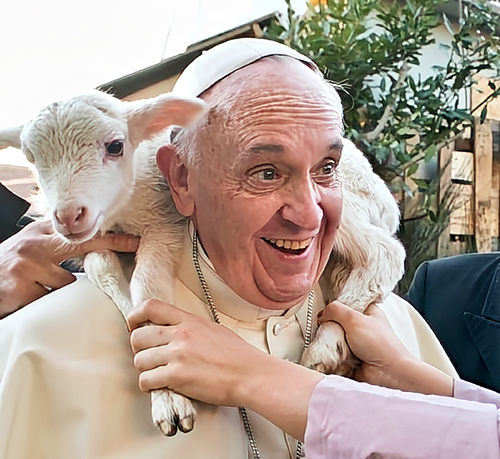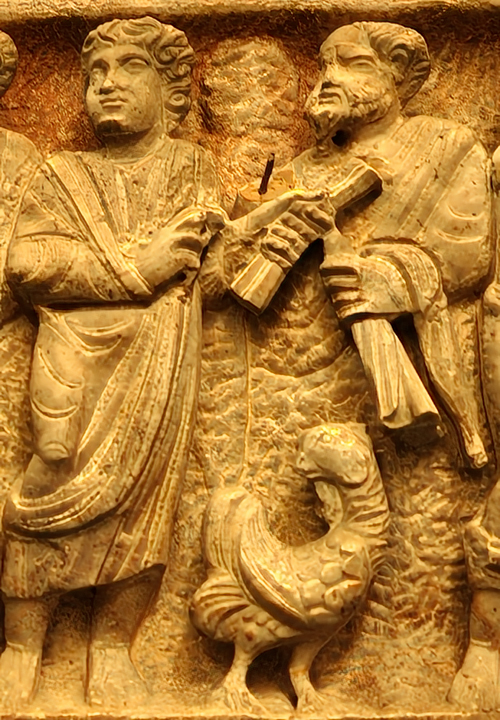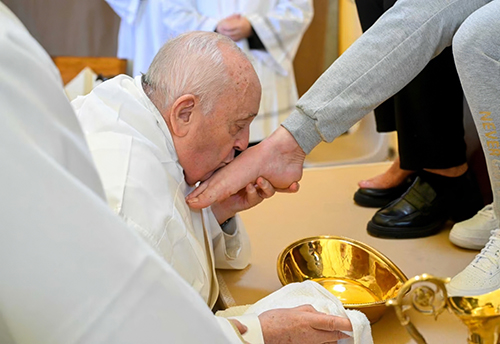
Nickel Creek was an American progressive acoustic music trio.
A member of Nickel Creek had written a song in which I see some resonance with this Sunday’s gospel.
The song is called “The Hand Song.”
Here is the story it contains:
A young boy breaks off some garden roses to give to his mother. Trouble is, she has been tending these roses with great care and now he has pulled them to pieces. The thorns dig into his hands as he brings his present to her. She lovingly extracts these thorny reminders of her labour; the chorus goes
and she knew it was love.
It was what she could understand.
He was showing his love
and that’s how he hurt his hands.
Sometime later, sitting on her lap, held closely, the boy listens to stories from the Bible. He sees a picture of Jesus and cries out, Momma, he’s got some scars just like me; and the chorus,
And he knew it was love.
It was one he could understand.
He was showing his love
and that’s how he hurt his hands.
Finally grown up, the young man is called to serve in the Services. In the course of the war he throws himself in front of a friend to shield him from gunfire. He gave his life, a deed he had learned from the roses and the cross; and the chorus
But they knew it was love.
It was one they could understand.
He was showing his love,
and that’s how he hurt his hands.
Did the boy/man earn “glory” in the usual sense of the word? He learned what love was and he gave it on the battlefield. In the story there are no stadiums of people to give applause. And yet, isn’t love the very essence of human life? Jesus says so in this Sunday’s Gospel:
I give you a new commandment:
Love one another.
As I have loved you,
so you also should love one another.
The illustration contains a famous quote attributed to Jimi Hendrix, “When the power
of love is greater than the love of power, the world will know peace.”



